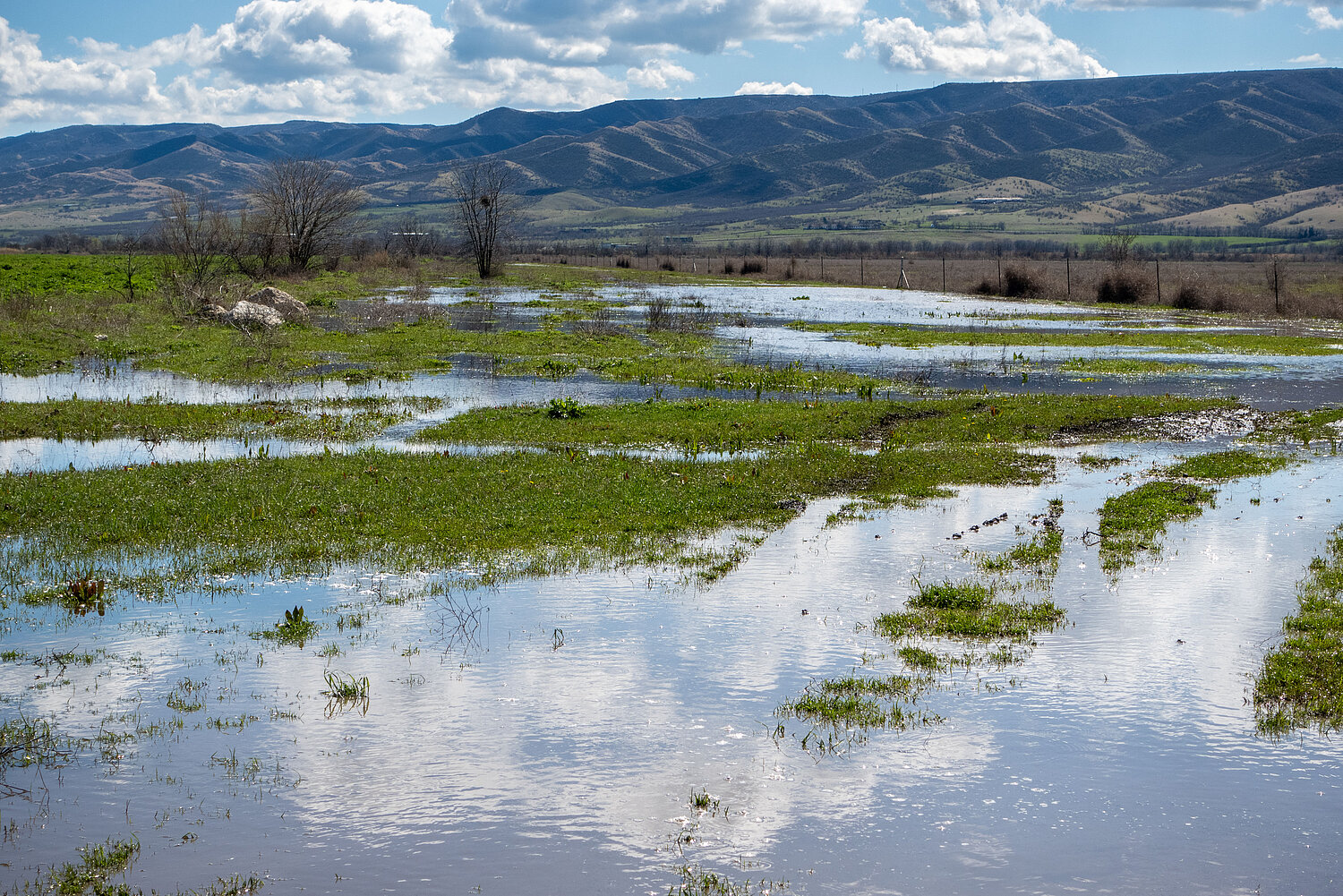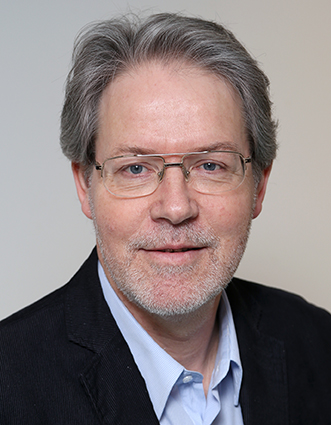Water Management Innovations Presented Ahead of Water Convention
On the eve of the 10th Meeting of the Parties (MOP10) to the Water Convention in Ljubljana, the “EU4Environment Water Resources and Environmental Data” programme presents the results of the long-standing collaboration between the European Union, international organisations (OECD and UNECE), OiEau/France, the Environment Agency Austria and the Eastern Partnership Countries.

Armenia, Azerbaijan, Georgia, the Republic of Moldova, and Ukraine, have been innovating to manage their water resources better, increasingly in line with EU law, especially the Water Framework Directive, and other international standards and best practices, such as the United Nations Water Convention. Held in the margins of the MOP10, this event highlights the key achievements in the region on Integrated Water Resources Management. The Eastern Partnership countries shared success stories as inspiration for solutions to water challenges elsewhere.
Highlights of the achievements
Since 2021, and based on previous EU support, the water pillar of the EU4Environment programme has been an accelerator of the EaP countries’ water management reforms. With technical support from the Environment Agency Austria, the countries have:
- Developed an impressive number of 21 comprehensive River Basin Management Plans (RBMPs) in line with the EU Water Framework Directive. These plans serve as critical tools for achieving sustainable water management at the basin level and for involving local stakeholders.
- Made significant progress in water quality monitoring and data collection, from the field to the laboratory, to ensure better informed decision-making and a higher effect of management measures.
- Promoted cross-sectoral, multi-stakeholder cooperation through National Policy Dialogue platforms and regional peer exchange, contributing to improved water security across the region.
- Worked to introduce and secure sound investment planning and financing mechanisms for water management, addressing the long-standing challenge of undervalued water and upgrading economic instruments such as water tariffs and taxes for provided services in water supply and sanitation.
- Promoted nature-based solutions to reduce ecosystem degradation and enhance the provision of natural ecosystem services (e.g. flood retention, self-purification, groundwater recharge).
- Addressed public health through epidemiological monitoring of urban wastewater, such as SARS-Covid2, in line with EU benchmarks and the UN Protocol on Water and Health.
The programme with its leading implementing partner the Environment Agency Austria, also contributed to strengthening cross-border water cooperation. Transboundary basins such as the Prut and the Dniester are of strategic importance, and the event underlined the role of shared water management in promoting peace and security in the region.
Reflecting on these achievements, Gérald Audaz, Team Leader for the Economic and Investment Plan at the European Commission, Directorate-General for Neighbourhood & Enlargement Negotiations, said: "We trust that the water management innovations adopted by our Eastern partners will deliver positive results for the environment and improve people’s wellbeing. Water resilience is a critical part of our economies’ and societies’ resilience, not least because of climate change and Russia’s war of aggression against Ukraine. The European Union has been, and will continue working together with the Eastern Partnership countries, including in the framework of the EU enlargement process, towards a clean environment, prosperity, peace, and stability."
By aligning water policies with EU standards, countries are better equipped to tackle current environmental challenges, and ensure sustainable protection and fair use of all water resources for future generations.
Alexander Zinke, project leader of the Environment Agency Austria and speaking on behalf of the programme’s implementing partners, highlighted: "The success of our long-years cooperation with the Eastern Partnership Countries shows the importance of step-wise technical support and capacity building. By aligning their water policies with EU standards, these countries are better and better equipped to tackle current environmental challenges, and ensure sustainable protection and fair use of all water resources for future generations.”
Looking ahead
The programme will also be continued starting in 2025, with a follow-up cycle. A new EU-funded regional programme will continue to facilitate water management reforms while broadening their scope, e.g. to address resilience in the face of climate change and incorporate circular economy aspects.
Background information
Since 2016, the Environment Agency Austria has been working with the International office for Water (OiEau) from France, the Organisation for Economic Co-operation and Development (OECD) and the United Nations Economic Commission for Europe (UNECE) within the framework EU-funded programmes in the Eastern Partnership countries to bring water management closer to the European Union and international standards. This cooperation started with the “EU Water Initiative Plus” (EUWI+) project (2016-2020) and continues until end of 2024 with the “EU4Environment – Water Resources and Environmental Data” programme. The later programme is principally funded by the European Union and co-funded by the Austrian Development Cooperation and the French Artois-Picardie Water Agency.
Links
Tenth session of the Meeting of the Parties to the Water Convention | UNECE
EU4Environment - Water and Data website
EU4Environment - Water and Data on Facebook
Project partners

